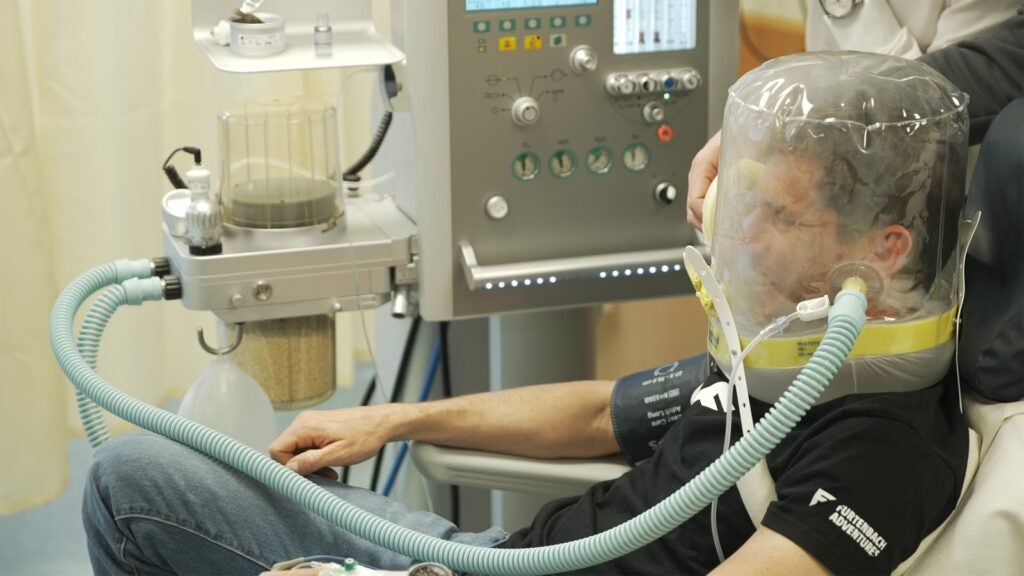Not sure where to post this but as tech is my interest…I stumbled across an article talking about high altitude climbers using xenon to pre-acclimate themselves:

 www.climbing.com
www.climbing.com
Apparently xenon encourages the body to produce more red blood cells, I have questions and concerns.
I would think it’s the hypoxia that encourages red blood cell production, not necessarily the xenon as it’s a noble gas.
Why are they using xenon ? Would helium not do the same thing and be relatively cheaper?
What affect if any would this have on divers? I.e., diving with an increased red blood cell count?
I doubt we have data on this but does anyone know? Any speculation?
I’m definitely not advocating for this but it piques my curiosity.

The First Xenon-Powered Everest Climb Is Coming This Spring
This spring, we'll see the first-ever xenon Everest climb—a one-week Everest summit attempt powered by xenon gas. But is it ethical?
 www.climbing.com
www.climbing.com
Apparently xenon encourages the body to produce more red blood cells, I have questions and concerns.
I would think it’s the hypoxia that encourages red blood cell production, not necessarily the xenon as it’s a noble gas.
Why are they using xenon ? Would helium not do the same thing and be relatively cheaper?
What affect if any would this have on divers? I.e., diving with an increased red blood cell count?
I doubt we have data on this but does anyone know? Any speculation?
I’m definitely not advocating for this but it piques my curiosity.







